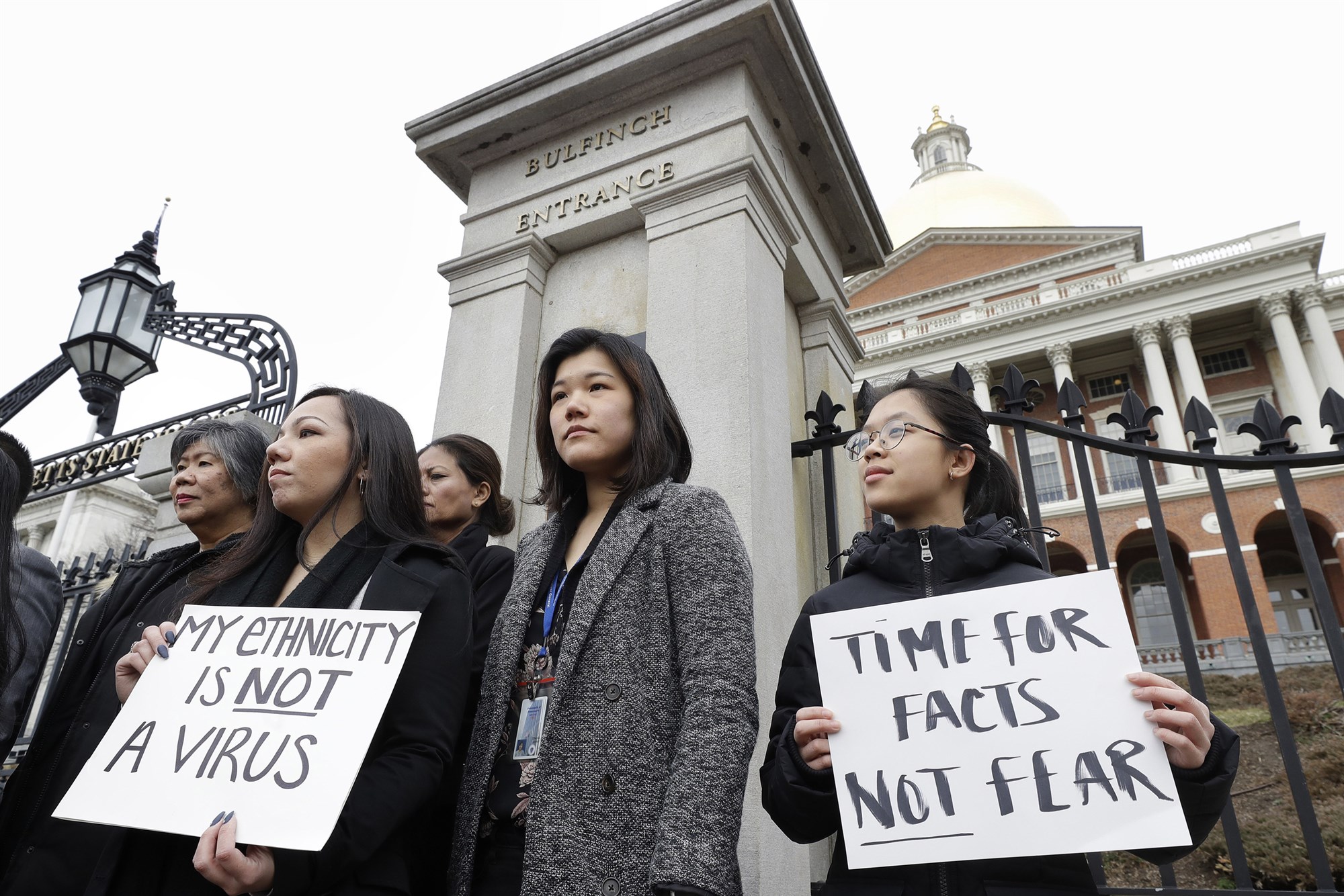Asian Americans Face An Increasing Number of Hate Crimes In the U.S.
Ariel C Go
Trending News Staff Writer

Since the beginning of the COVID-19 pandemic last spring, Asian Americans throughout the United States have encountered hate crimes at a rate higher than that of previous years. Many people ascribe the 2020 surge of Asian American hate violence to the xenophobic commentary of former President Trump, referring to the COVID-19 as the “China virus” and “Kung flu” and blaming China for the global pandemic. Due to this, several Chinatowns and Chinese restaurants faced vandalism and have had less business in the past year. The hate crimes have since then spread out, affecting individual Asian Americans who have reported being assaulted, robbed, physically beaten by classmates, and spat on in the streets, among others.
According to Times, Stop AAPI Hate, a social non-profit organization established to track incidents of discrimination and xenophobia towards Asian Americans and Pacific Islanders, had collected over 2,800 reports of anti-Asian discrimination. This data comes from 47 states and Washington D.C. between March 19 and December 31, 2020. Of the 2,800 cases reported to Stop AAPI Hate, around 70% were incidents of verbal harassment, with shunning or avoidance making up about 20%. The remaining percentage of cases involved physical assaults and being purposely coughed or spat on. Additionally, the New York Police Department reported that hate crime cases spurred by anti-Asian sentiment increase by approximately 1,900% in New York City in 2020.
These reported figures understate the actual number of anti-Asian hate cases, however, because the majority of incidents are not reported. This lack of reporting can be attributed to a variety of factors. Some may consider the process of calling the police department or reporting the incident on a tracking website, like Stop AAPI Hate, too time-consuming, personal, or burdensome, especially with the current pandemic going on. Another factor that contributes to this issue is language barriers and a fear of criticism or backlash from the community or culprit. Lastly, there may be victims concerned about associating with law enforcement because of their immigration status.
Despite the commencement of a new year, the violence continues with a rise in attacks in 2021 primarily in the Bay Area of California, especially Oakland’s Chinatowns and San Francisco. People, including Asian American celebrities, have expressed their opinions and concerns with this growing issue on social media. Amanda Nguyen, for example, after viewing the video of 84-year-old Vicha Ratanapakdee who died two days after being shoved to the ground during a morning walk in San Francisco, created an Instagram video to raise awareness and implore her viewers to speak out about hate crimes directed towards Asian Americans. Other instances, such as a 64-year-old Vietnamese mother being assaulted and robbed and a 61-year-old Filipino man being slashed across the face with a box cutter, have garnered much public attention.
In response to the issue, President Joe Biden signed an executive order condemning anti-Asian discrimination on January 26. While Asian Americans believe this to be a step in the right direction, they believe that more must be done. Multicultural communities have ventured to support one another with mutual aid initiatives. In the Bay Area, for example, more community-based solutions are being called for instead of depending on increased policing. Groups have collaborated with one another, coordinating efforts to have volunteers assist older Asian Americans with their errands. Black and Asian Americans have also held rallies of solidarity against violence, hence promoting multicultural healing.
Contact Ariel at ariel.go@student.shu.edu

